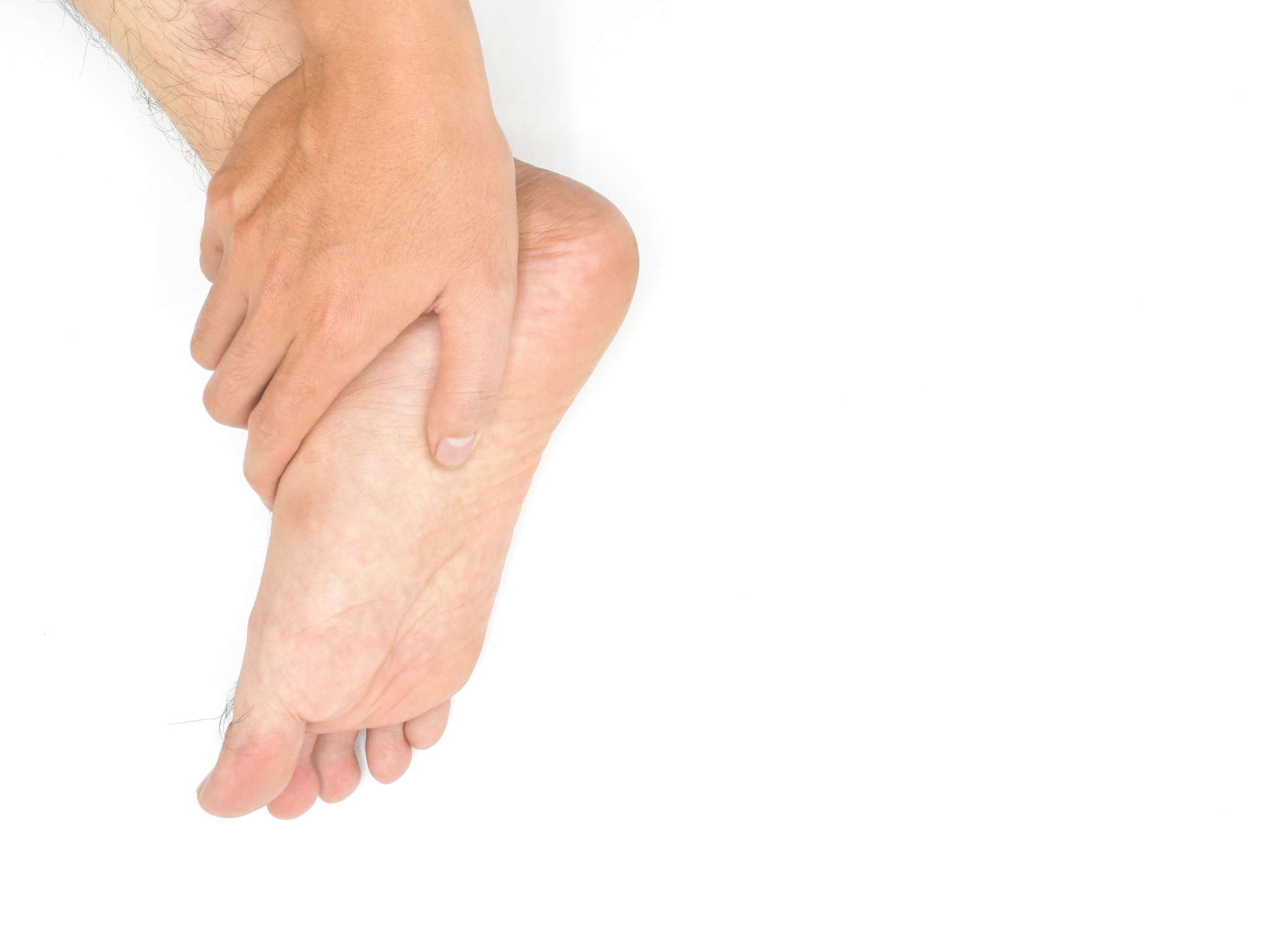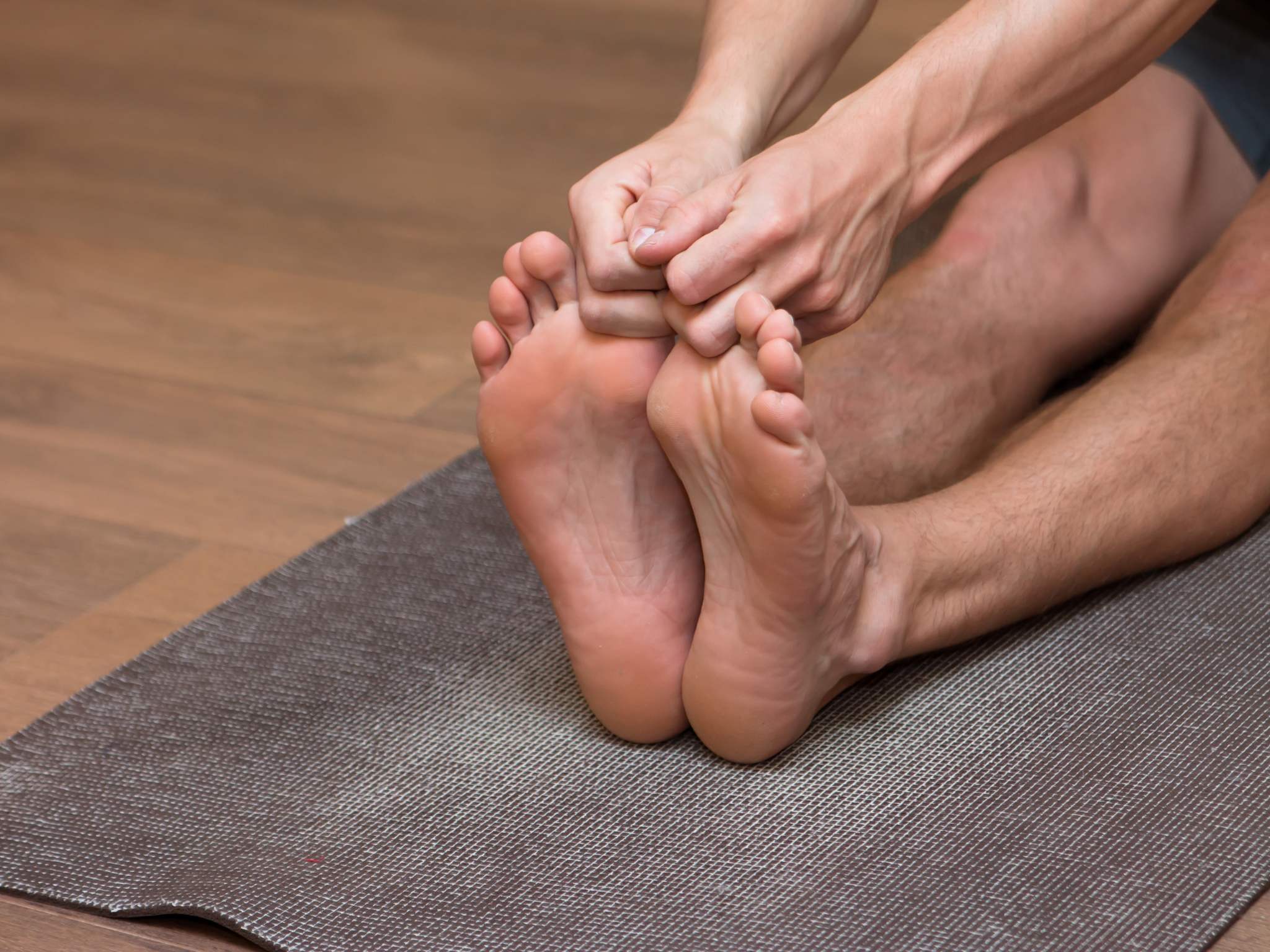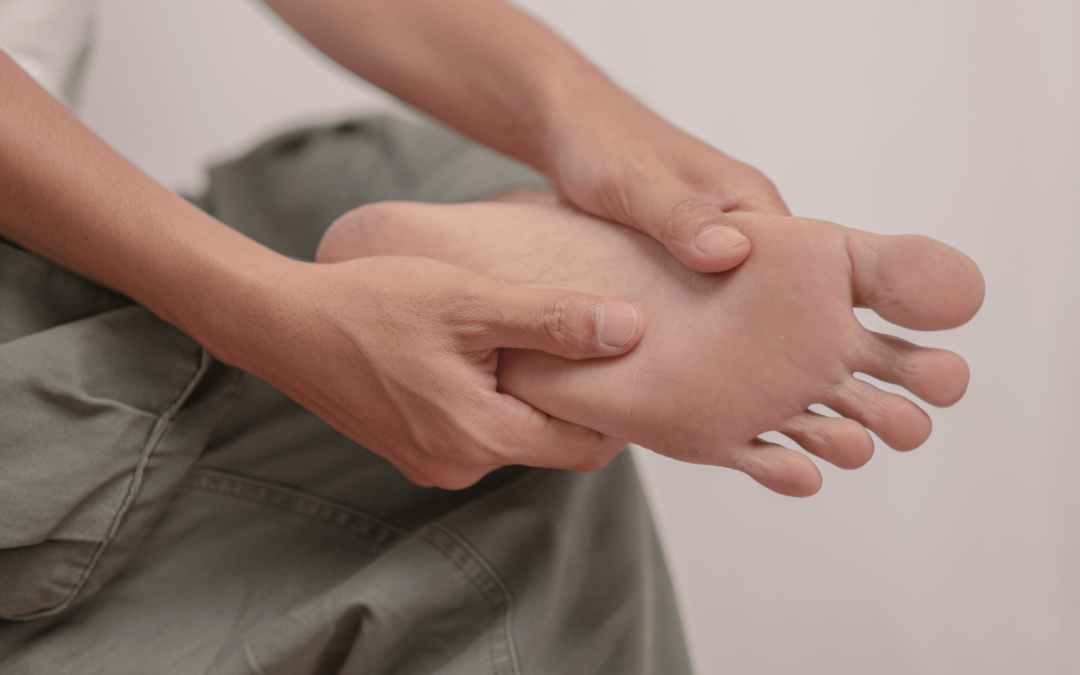A Diabetic Foot Care Guide
Diabetes is a widespread chronic condition that affects millions worldwide, and its repercussions can be notably severe when it comes to foot health. Diabetic foot complications are a significant concern, as they can lead to infections, ulcers, and even amputations if not addressed diligently.
However, with the right knowledge and care, you can mitigate these risks and maintain the health of your feet. In this blog, we will explore how diabetes affects your feet, what you should be attentive to, and the home-based measures you can take to ensure optimal foot health.
How Does Diabetes Affect Your Feet?
Diabetes exerts several adverse effects on your feet, primarily due to elevated blood sugar levels and impaired circulation. Below are some key ways diabetes can influence your feet:
- Nerve Damage: Diabetes may lead to peripheral neuropathy, which is damage to the nerves in your feet. This can result in a loss of sensation, making it challenging to detect injuries or sores.
- Poor Blood Flow: Elevated blood sugar levels can result in narrowed blood vessels, diminishing blood flow to the feet. Insufficient blood circulation hinders the body’s ability to heal wounds and combat infections.
- Foot Deformities: Diabetes can induce changes in the shape of your feet, such as Charcot foot, which can lead to instability and fractures.
- Skin Changes: Dry skin, calluses, and foot ulcers are more prevalent in individuals with diabetes due to reduced sweat production and skin hydration.
What Are Some Things to Pay Attention To?
Preventing diabetes-related foot complications necessitates vigilance and proactive care. Here are key aspects to be mindful of:
- Changes in Sensation: Regularly monitor for changes in sensation, such as numbness, tingling, or pain in your feet.
- Skin Issues: Inspect your feet for dry skin, cuts, sores, blisters, or any other irregularities. If you have difficulty seeing all areas of your feet, use a mirror or seek assistance.
- Foot Deformities: Keep an eye out for any alterations in the shape of your feet, instability, or the development of deformities.
- Foot Temperature: Check for temperature variations in your feet. Cold feet can be an indicator of poor circulation.
- Ingrown Toenails: Be watchful for ingrown toenails, as they can lead to infections.
- Footwear: Ensure your shoes fit well and are comfortable. Look for signs of pressure sores or blisters caused by ill-fitting shoes.
Are There Things I Should Be Doing at Home?
Maintaining proper foot care at home is essential for those with diabetes. Here are the fundamental steps to follow:
- Check Your Feet Every Day: Routinely examine your feet for cuts, sores, blisters, or other issues. Early detection is pivotal in preventing complications.
- Wash Your Feet Every Day: Wash your feet with lukewarm water and mild soap, ensuring thorough drying, especially between the toes.
- Never Go Barefoot: Always wear shoes or slippers, even indoors, to protect your feet from injuries and infections.
- Wear Shoes That Fit Well: Select shoes that provide adequate support and cushioning. Ensure they fit properly without creating friction or pressure points.
- Trim Your Toenails Straight Across: Trim your toenails with care, avoiding cutting them too short or rounding the corners to prevent ingrown toenails.
- Don’t Remove Corns or Calluses Yourself: Consult our podiatrists for proper treatment of corns or calluses. Attempting self-removal can lead to complications.
- Get Your Feet Checked at Every Healthcare Visit: Regularly visit your healthcare provider or our podiatrists for foot examinations and guidance on foot health management.
- Keep the Blood Flowing: Engage in regular physical activity to enhance blood circulation in your feet. Consult your doctor for suitable exercise options.
- Choose Feet-Friendly Activities: Avoid activities that might place excessive strain on your feet, such as walking barefoot on rough surfaces or participating in high-impact sports.
If You’re Not Feeling Anything, Tell Your Doctor
It’s vital to acknowledge that some individuals with diabetes may experience reduced sensation in their feet due to nerve damage, a condition known as neuropathy. This may impede the detection of foot problems. If you experience a lack of sensation in your feet or have concerns about your foot health, promptly consult our experienced podiatrists. They can conduct specialized tests to assess your foot sensation and provide guidance on proper care.
When to Come in and See Us?
Regular check-ups with our team are crucial for individuals with diabetes. However, immediate medical attention should be sought if you notice any of the following:
- Non-healing sores or wounds.
- Signs of infection, such as redness, swelling, warmth, or pus.
- Changes in foot color or temperature.
- Severe foot or leg pain.
- Any new or unusual foot symptoms.
In conclusion, diabetic foot care is a pivotal aspect of diabetes management, ensuring your overall well-being. By adhering to the guidelines presented in this blog and proactively monitoring your foot health, you can significantly reduce the risk of complications and enjoy a healthier, more active life.
Remember, early detection and proper care are the keys to preserving the health of your feet, enabling you to continue engaging in the activities you love.
© Texas Foot & Ankle Center. All Rights Reserved.
Web Design by CP Solutions.
Marketed by VMD Services.




